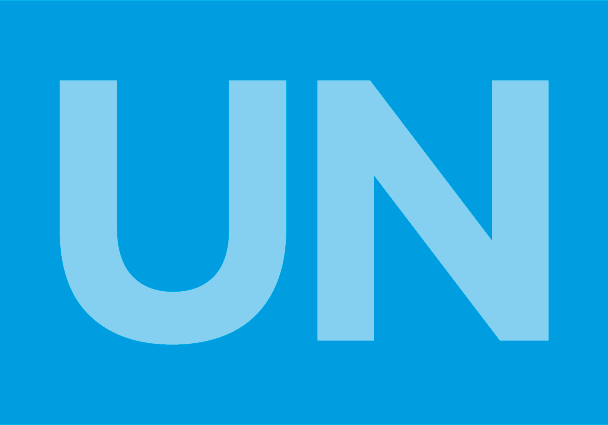
Sep 18, 2012 | Advocacy
 The ICJ joined the International Movement ATD Fourth World and others in supporting the final version of the draft guiding principles on extreme poverty and human rights.
The ICJ joined the International Movement ATD Fourth World and others in supporting the final version of the draft guiding principles on extreme poverty and human rights.
During the 21st regular session of the UN Human Rights Council, the Special Rapporteur on extreme poverty and human rights, Ms Maria Magdalena Sepulveda Carmona, presented the final version of her draft guiding principles on extreme poverty and human rights.
In an interactive dialogue with the Special Rapporteur, on 12 September 2012, the ICJ joined a statement by almost 20 non-governmental organisations from throughout the world. The statement describes the draft guidelines as extremely important and calls on the Human Rights Council to adopt them.
ICJ-HRC21-IDSREP-JointOralStatement-2012 (download statement, in PDF)
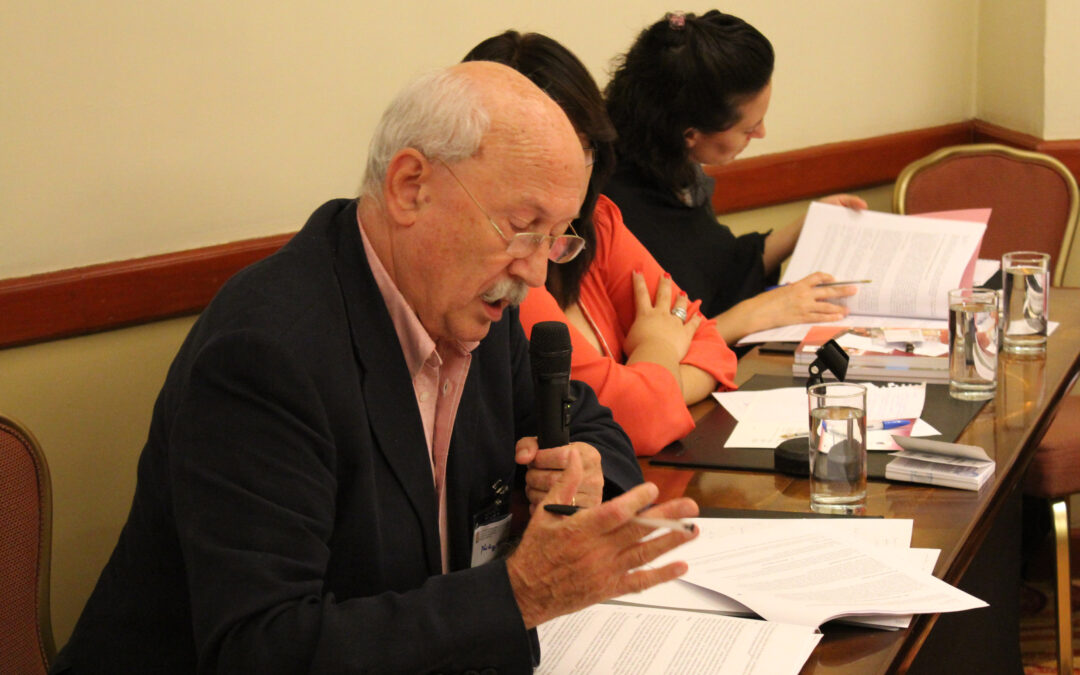
Aug 20, 2012 | News
With the support of ICJ Commissioner Justice Philippe Texier, the ESCR Programme and the Central America Regional Office organized a two-day workshop in San Salvador on August 16 and 17, 2012.
A group of 25 representatives of human rights and development NGOs as well as trade unions, lawyers and academic experts participated in a first consultation on access to justice for victims of violations of economic, social and cultural rights.
The discussions tackled obstacles and advances in the field of access to justice with regard to the legal and institutional frameworks, as well as in the administration of justice and material issues.
Coming from very different backgrounds, the participants valued the opportunity to work together and share their experience related to economic, social and cultural rights (ESCR) of a variety of rights-holders and their attempts to seek justice.
This first consultation and workshop will be followed by other activities in the course of the national project.
Background of the workshop
With national projects such as the one in El Salvador, the ICJ programme on Economic, Social and Cultural Rights aims at contributing to improve accountability for human rights violations and access to justice for all, including for victims of threats against and violations of economic, social and cultural rights.
The ICJ has embarked on research processes at national level to identify obstacles and opportunities for access to justice, as well as on consultation and collaboration processes with national allies to define strategies to address gaps.
Depending on the needs identified, the ICJ will support the implementation of recommendations and steps that includes trainings and legal interventions.
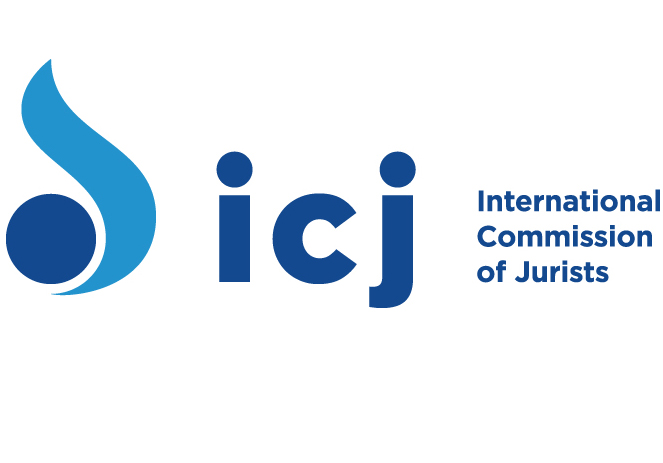
Aug 17, 2012 | News
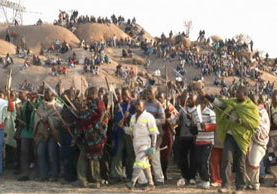 The ICJ has observed with deep concern the tragic and violent events that took place at the Lonmin mines since 10 august 2012, when miners embarked on a collective action for an increase in wages.The lives that have been lost during this short period bring to the fore various issues concerning the realization of economic and social rights, including the sensitive issue of business and human rights. Poverty, lack of employment and many other socio-economic issues sometimes lead to frustrations, which in turn manifest themselves in violence.
The ICJ has observed with deep concern the tragic and violent events that took place at the Lonmin mines since 10 august 2012, when miners embarked on a collective action for an increase in wages.The lives that have been lost during this short period bring to the fore various issues concerning the realization of economic and social rights, including the sensitive issue of business and human rights. Poverty, lack of employment and many other socio-economic issues sometimes lead to frustrations, which in turn manifest themselves in violence.
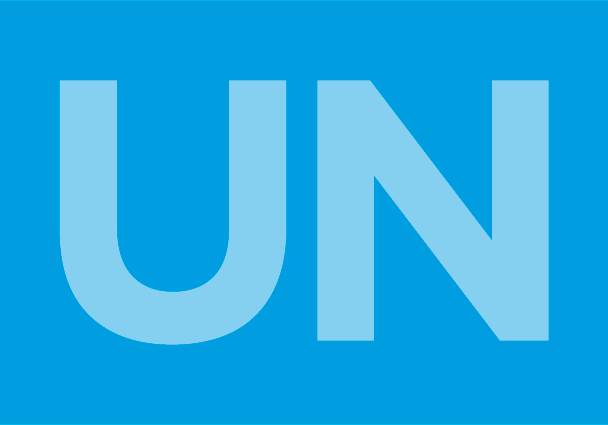
Jul 30, 2012 | Advocacy, Non-legal submissions
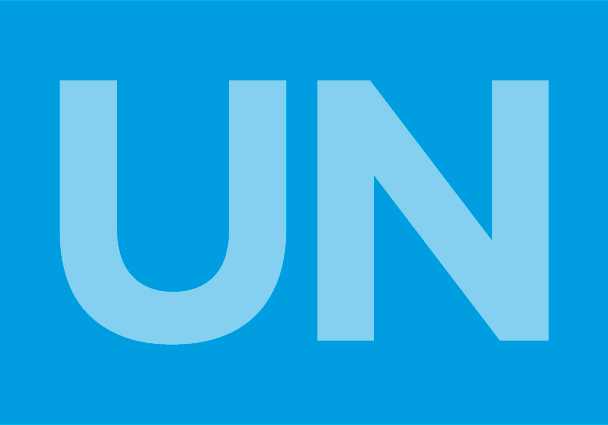 Under the second cycle of the Universal Periodic Review (UPR) mechanism, the UN Human Rights Council Working Group on the UPR will be undertaking a review of Israel during its 15th session in January 2013.
Under the second cycle of the Universal Periodic Review (UPR) mechanism, the UN Human Rights Council Working Group on the UPR will be undertaking a review of Israel during its 15th session in January 2013.

Oct 17, 2011 | Advocacy, Analysis briefs, News
The Maastricht Centre for Human Rights and the ICJ are pleased to announce the adoption of the Maastricht Principles on Extraterritorial Obligations of States in the area of Economic, Social and Cultural Rights.
These international legal principles clarify the human rights obligations of States beyond their own borders.
principles obligations adopted-press release-2011 (full text in English, PDF)
Maastricht principles-analysis brief-2011 (full text in English, PDF)

 The ICJ joined the International Movement ATD Fourth World and others in supporting the final version of the draft guiding principles on extreme poverty and human rights.
The ICJ joined the International Movement ATD Fourth World and others in supporting the final version of the draft guiding principles on extreme poverty and human rights.









